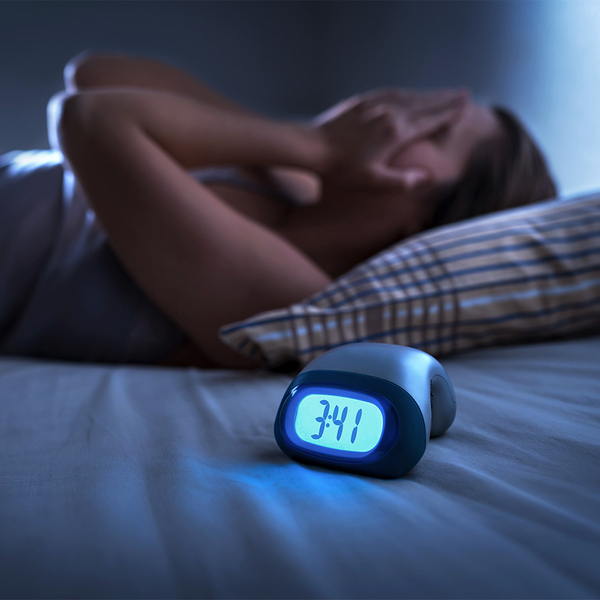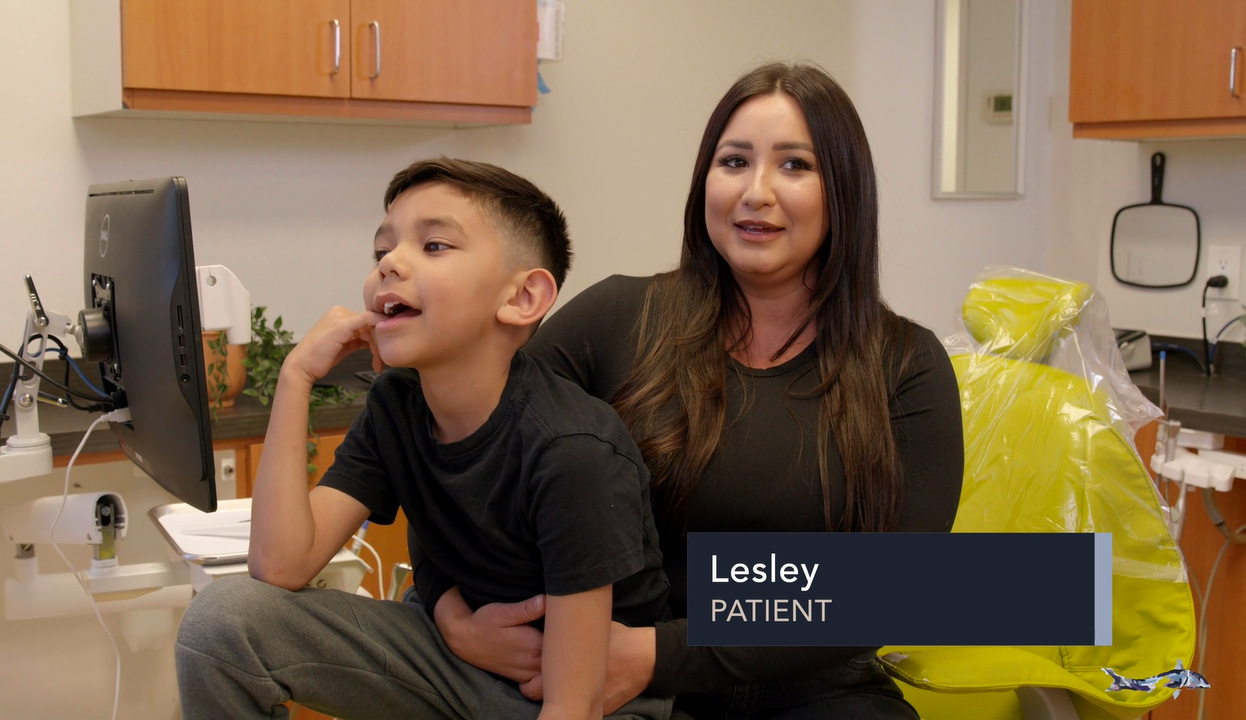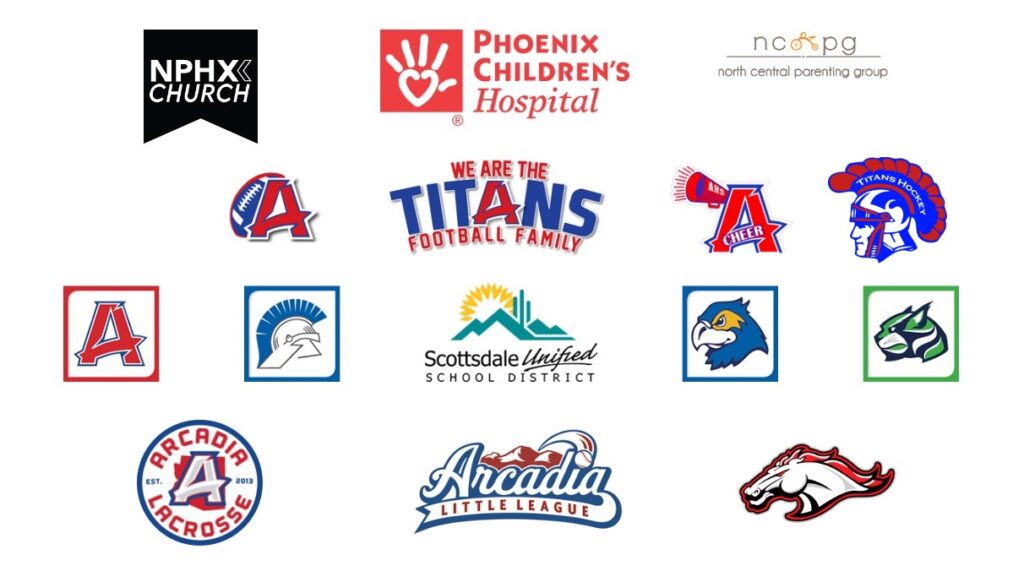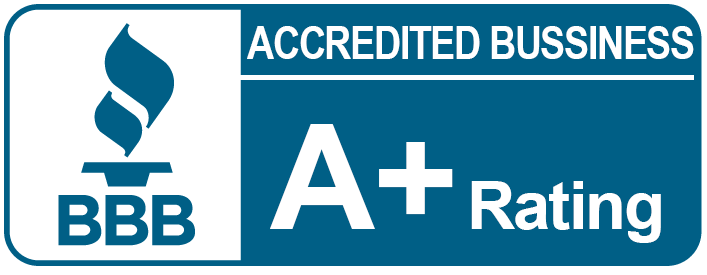Do you have trouble sleeping? If so, you’re not alone.
An estimated 56 million Americans suffer from a lack of sleep and even exhaustion caused by sleep apnea. Chronic snoring problems and interrupted sleep aren’t just an inconvenience. Untreated sleep apnea can lead to more serious health risks. Sleep apnea is a common but serious sleep disorder that causes interruptions in breathing during sleep.
Understanding Obstructive Sleep Apnea
When we sleep, the combination of gravity and our muscles relaxing allows the tongue and surrounding soft tissues to fall back into the throat, obstructing airflow in your airway. This can pause your breathing, and these pauses are called apneas.
The word ‘apnea’ means without breath. A person may have partial pauses in breathing (hypopneas), or complete pauses (apneas) that last 10 seconds or longer during sleep. These pauses in breathing are often accompanied by a drop in blood oxygen level.
The struggle to breathe and the drop in oxygen saturation will eventually cause the person to momentarily wake up, opening the throat, and allowing them to breathe again. These awakenings are brief and typically not remembered the next morning. Longer apneas may cause the sufferer to fully awaken to a frightening feeling of choking. This pattern can occur hundreds of times per night, interrupting the body’s normal sleep cycle and preventing the deep, restorative sleep our bodies need.
Some of the short-term consequences of sleep apnea are excessive daytime sleepiness, lack of energy, poor concentration, irritability, slowed reflexes, and an increased risk of accidents.

Additional major health risks associated with sleep apnea include:
- Heart disease
- Stroke
- High blood pressure
- Diabetes
- Obesity
- Alzheimer’s disease
- ADHD
- Anxiety
- Depression
Why is Treating Sleep Apnea Essential?
Sleep apnea is more than just a disruptive sleep pattern. If left untreated, this condition can have long-term implications for an individual’s overall health and well-being.
With advancements in medical research, we now understand that sleep apnea can be a contributing factor to various other health issues if left unchecked.


Heart and Vascular Complications
vIt’s been discovered that untreated sleep apnea can put patients at risk for cardiovascular problems. From high blood pressure to heart attacks, frequent waking episodes at night can strain the heart and vascular system. Moreover, oxygen level fluctuation can lead to potential heart arrhythmias.

Heart and Vascular Complications
vIt’s been discovered that untreated sleep apnea can put patients at risk for cardiovascular problems. From high blood pressure to heart attacks, frequent waking episodes at night can strain the heart and vascular system. Moreover, oxygen level fluctuation can lead to potential heart arrhythmias.

Heart and Vascular Complications
vIt’s been discovered that untreated sleep apnea can put patients at risk for cardiovascular problems. From high blood pressure to heart attacks, frequent waking episodes at night can strain the heart and vascular system. Moreover, oxygen level fluctuation can lead to potential heart arrhythmias.

Our Story
Family Owned & Operated
Sleep Apnea.
Snoring.
CPAP Failure.
We believe that knowledge and action can improve lives and even save them. We are offering a no-cost, one-on-one, 30-minute screening on sleep breathing disorders. Whether it’s snoring, daytime sleepiness, headaches, difficulty concentrating, difficulty staying asleep, dry mouth or CPAP intolerance, you can make sure you are not at risk for this very treatable, potentially life-threatening condition. If you are experiencing any of these conditions, we encourage you to schedule a complimentary screening today and allow us to guide you toward a CPAP alternative that works!





